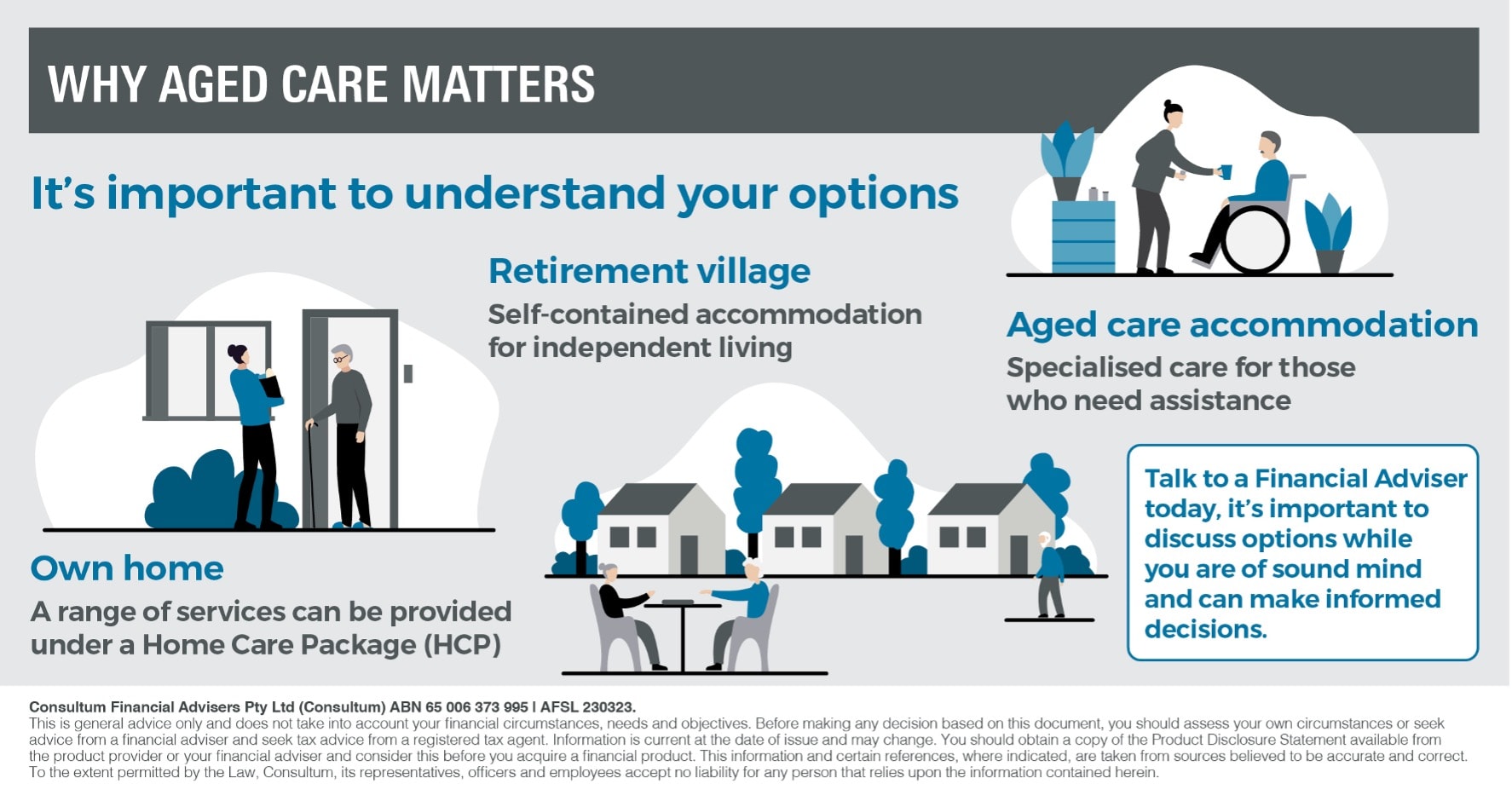It’s time to let your clients and employees know
Act now to ensure your client expectations and employee legislative requirements are met.
Informing Clients of Business Shutdowns
It is common for a workplace to shut down its operations over the Christmas-New Year period because of a reduction in business activity or because the majority of employees request to take annual leave.
It’s up to businesses to determine closure dates and ensure these are clearly communicated to clients as early as possible, so that reasonable expectations are set and deadlines are met without creating any unnecessary worry. Recommended communication includes separate emails to clients, newsletter footers, invoice footers, notes on email signatures or any combination of the above.
To assist with planning your shutdown period, the NSW gazetted public holidays for the upcoming holiday season are:
- Christmas Day: Sunday 25 December 2022
- Boxing Day: Monday 26 December 2022
- Additional Public Holiday for Christmas Day: Tuesday 27 December 2022
- New Year’s Day: Sunday 1 January 2023
- Additional Public Holiday for New Year’s Day: Monday 2 January 2023
- Australia Day: Thursday 26 January 2023
Get ahead of the game. Download our Business Shutdown Client Email template to send to your clients.
Employee Notifications
Employers planning to close over the Christmas-New Year period need to also correctly inform employees from now. Employers are obligated to formally confirm business closure dates and notify staff in accordance with award requirements.
Most awards will contain terms which allow employers to shut down the business for a period and send employees on designated annual leave. This is usually subject to an employer providing at least 4 weeks’ notice of the intention to do so, however certain awards may require a greater notice period.
It’s never too early to start planning. Download our Business Shutdown Employee Notice template.
Employee Leave Considerations
Annual Leave Requests
With the Christmas and Summer Holiday period fast approaching, you may also notice an increased number of annual leave requests waiting for your approval. For those businesses that shut down over this period, approving annual leave is usually a joyous task. However, for smaller businesses continuing to trade during this period, it can be a difficult juggling act to ensure you have enough employees on board to meet your customers’ needs while also ensuring employees receive a well-deserved break.
When reviewing annual leave applications, it is important to remember that you cannot unreasonably refuse to authorise an employee’s request to take annual leave. If you need assistance with understanding the rules surrounding ‘reasonableness,’ please do not hesitate to make contact with our HR team.
Can employees refuse to work on Public Holidays?
Employers can request that employees work on a public holiday if the request is reasonable. Likewise, an employee can refuse to work on a public holiday if the employer’s request is not reasonable. In determining whether the employer’s request is reasonable, under the Fair Work Act a broad range of factors are taken into account. These include:
- The nature of the employer’s workplace and the nature of the employee’s work
- The employee’s personal circumstances
- Whether the employee could reasonably expect the employer might request work on the public holiday
- Whether the employee is entitled to receive overtime or other penalty payments that reflects the expectation to work public holidays
- The type of employment of the employee (eg whether full-time, part-time, casual or shift work)
- The amount of notice in advance of the public holiday given by the employer to the employee
- The amount of notice given by the employee when refusing a request to work on a public holiday
Unsure of what applies or what steps to take? Don’t guess – seek advice.
Our team at Allan Hall Human Resource Services have years of first-hand experience to guide you and your business to a safe, enjoyable, and carefree festive season.
If you require advice on the conditions relating to your Employer rights or obligations, please get in touch with our highly experienced HR team on (02) 8978 3752 or simply contact us below.



